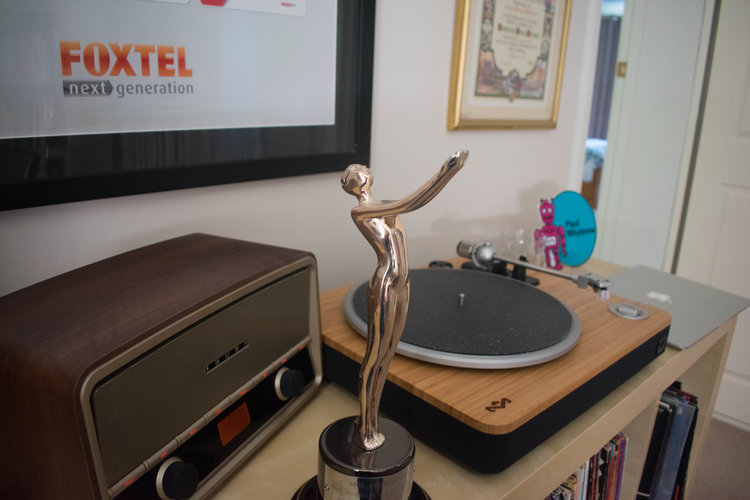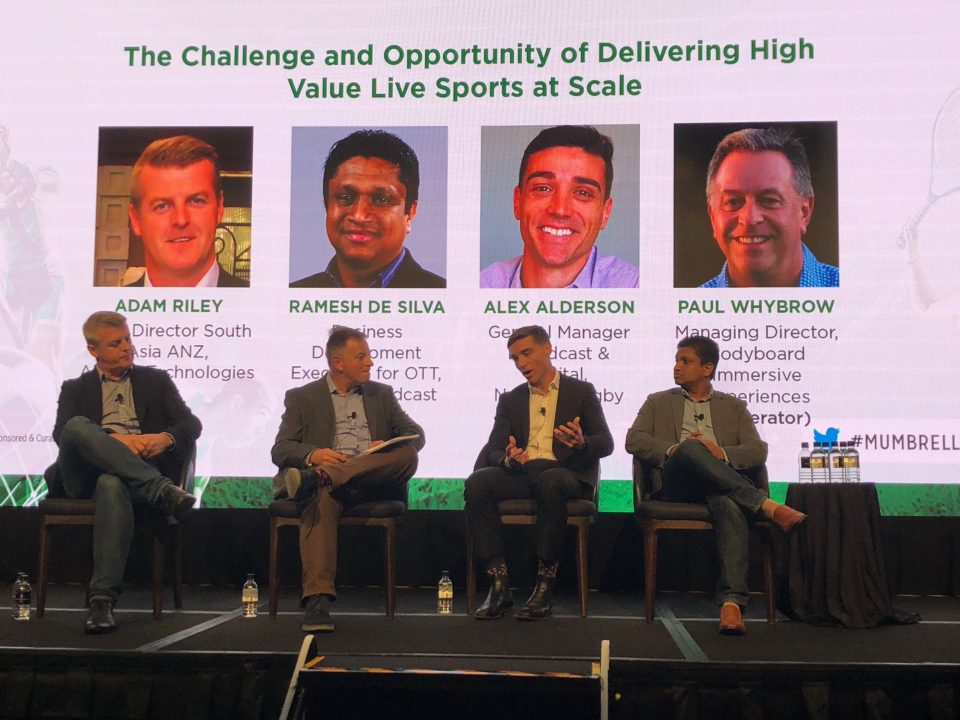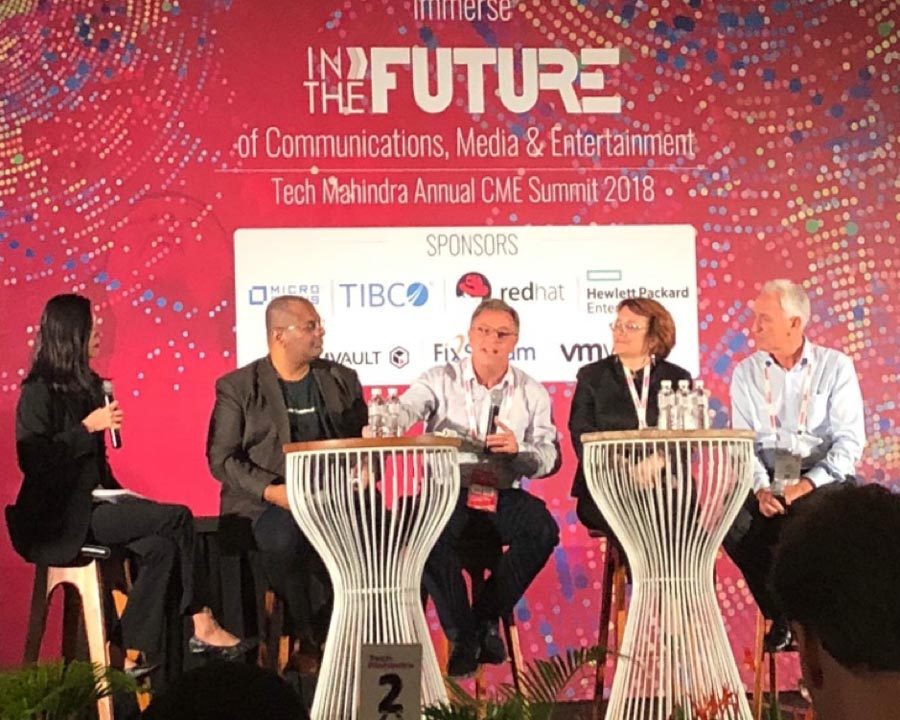Written by Paul Whybrow
As the Back to the Future film franchise celebrates the predictions of 2015, in a restaurant in central London a number of my fellow BBC trainees were celebrating our own eighties moment, with a celebration dinner. Alas, being on the other side of the globe, I could only join the party by video phone passed around the table, something that may fit in well with predictions envisaged in the original Back to the Future movie.
30 years ago, fresh out of university we had all turned up at Broadcasting House, the heart of the BBC at Oxford Circus, London. Fresh faced, both nervous and excited, I felt very much that we were the very lucky chosen few. We were about to embark on our British Broadcasting Corporation (BBC) career as a junior Radio Studio Manager or SM. From the hundreds of applications, interviews and BBC interview boards we were the group of 85/4, 12 of the select 48 a year who made it as a trainee SM. It was our chance to learn the skills, at what we (and may others) considered the best broadcaster in the world.
Our passion for the BBC just exploded as we learnt along the way, how to create radio, what microphones to use, creating sound effects for drama, assisting with orchestras and pop sessions, editing news stories with seconds to spare, sound mixing for world service radio including broadcasting on short wave radio behind the iron curtain to those desperate for news from the west.
It certainly was not all work: in those days the BBC Club was a fantastic end of day institution based at BBC sites, where a beer or two along with cheap food was good way to kick off free time.
As a group we developed a bond that has lasted three decades, and I believe will last a lot more!
Today there are a multitude of media degrees available and companies facing dramatic industry disruption tend not to have the funds available for such a deep training opportunity to learn the media craft. .
So why did the case make such good sense back in 1985?
The BBC as a public corporation is funded by a licence fee that all owners of TV and radios in Britain pay. The BBC therefore has to really show value for money in all that it does, and in this case the ROI is actually outstanding. I believe the recruiters had a fantastic talent to pick people who would not only fit into the industry at the time, but who also had the qualities to adapt and become the leaders of the future.
In this age of multi careers in a lifetime, I am really proud to look at the industry dedication of my fellow trainee SM’s. Out of the 12 of us, only one is now not in media related work, and 7 are are still with the BBC. Our roles are varied and include Senior BBC Announcer, COO, head of project delivery, legal and business management, senior production and journalism, TV planning and a humble industry practice lead.
I think that is a pretty impressive result 30 years on.
In the days of focussed ROI and value for training, I think the BBC has done incredibly well. As the disruption of media and entertainment intensifies, I feel that the real value is in the culture and skills instilled in us some 30 years ago. This is key in in creating the consumer-centric technology-driven industry of tomorrow.
Yes it is true when we started at the BBC it was a vastly different world. We played music on records, we edited sound by cutting physical tape and sticking it back together and timed segments with a stopwatch and paper and pen.
I do believe our training taught us not how to just make radio of the day, it gave us a strong passion to create and adapt to whatever new technology came along, to deliver the best broadcasting possible.
In 2015 we may not be riding around on hover boards like Back To The Future promised, however I do think that we are ready for the media world of 2015 and beyond through the BBC investment in us; and that we have collectively given great value to the BBC and the British licence fee payer, along with a great career for ourselves!
Mind you I may be a bit biased!





